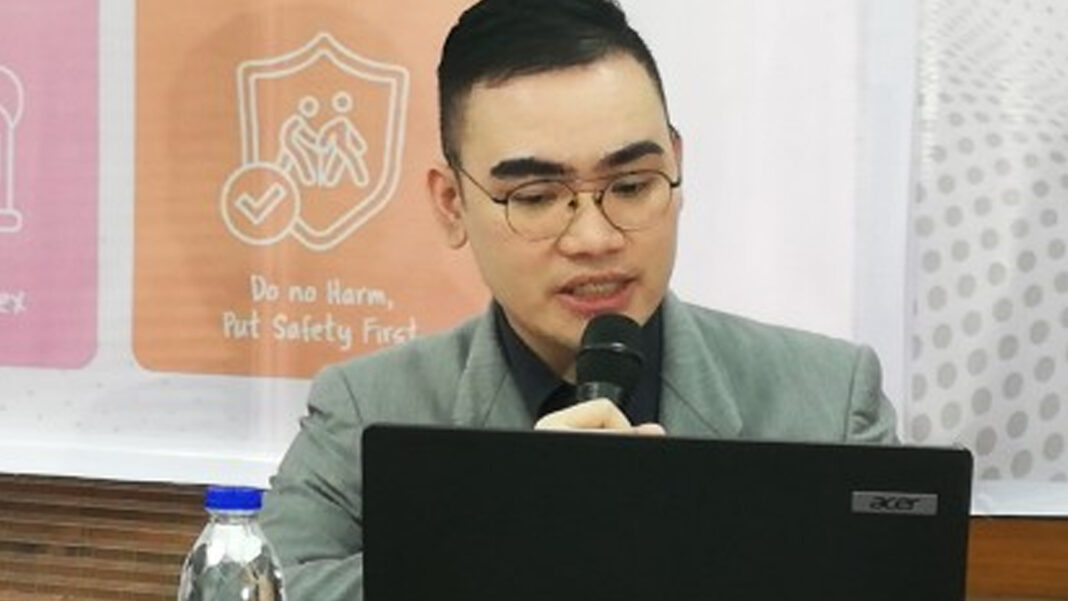At least three more human immunodeficiency virus (HIV) treatment areas are expected to open this year in the region to bring services closer to the public, amid the increasing number of cases, the Department of Health (DOH) in the Cordillera Administrative Region (DOH-CAR) said Tuesday.
In a press conference, Darwin Babon, DOH-CAR HIV-Sexually Transmitted Disease (STD) program coordinator, identified these facilities as the Far North Medical Center in Apayao province; La Paz Rural Health Unit in the town of La Paz, Abra; and Kalinga Provincial Hospital in Kalinga province.
He said the facilities in Abra and Apayao are due for assessment, while the hard copy of the letter of intent of the Kalinga facility has been received on Tuesday.
“With the inclusion of Kalinga Provincial Hospital, if it can catch up, we expect three to be opened this year so that people do not need to travel far to receive services,” Babon said.
Letters of intent from Luis Hora Hospital in Mountain Province and the Benguet General Hospital are also expected to come in soon, he added.
To date, the region’s three HIV treatment areas are at the Baguio General Hospital and Medical Center (BGHMC), Health Services Office-Baguio (HSO), and Notre Dame de Chartres Hospital.
“The goal is to have treatment centers and treatment hubs in all the provinces so that the patients can easily access the services which they will need their entire life once they are confirmed to be persons living with HIV (PLHIV),” Babon said.
The treatment clinic can provide testing and counseling services, while a hub can give the complete treatment that patients need.
Records show that since 1984, Cordillera has recorded at least 958 confirmed cases with 638 PLHIV receiving antiretroviral therapy from the three HIV treatment hubs in Baguio City.
Of these cases, 575 are men having sex with men, 247 are people having both male and female as sex partners, 114 are men having only females as sex partners, 14 have unknown sources, one was acquired through blood transfusion, and seven babies were infected by their mothers.
Babon expressed alarm over the 73 new confirmed HIV cases recorded in Cordillera during the first half of the year, with 13 of them being logged in June alone.
“The goal is to locate all possible PLHIV and link them to the services that is why we want at least one hub per province of the region,” he said.
Dengue cases drop 64%
Meanwhile, Jethro Simeon of the Regional Epidemiology and Surveillance Unit (RESU) of the DOH-CAR, said the cases of dengue in the region have decreased to 4,207 from Jan. 1 to Sept. 2 this year, 64 percent lower than the 11,598 cases on the same period last year.
From 19 deaths in 2022, seven deaths were recorded this year.
“The decrease is attributed to the joint intensified promotion of all sectors. And the promotion of the search and destroy campaign of the department,” Simeon said.
“Local government units are immediately alerted when the DOH notices an increasing trend in cases and our LGUs also immediately act to address the situation,” he added. (PNA)





